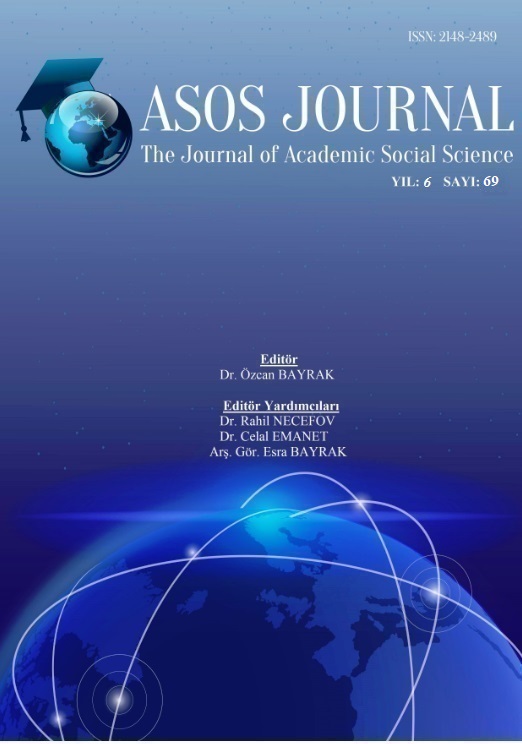Author :
Abstract
En önemli yönetim modellerinden biri olan federalizm, çoğunlukla siyasi ve idari boyutlarda ele alınmasına karşın, son zamanlarda mali boyutta da incelenmeye başlamıştır. Mali federalizmin özellikle son yıllarda dünyada kabul görmesinin pek çok sebebi vardır. Bu sebeplerden en önemlisi, yerel yönetim birimlerinin yerel tercihleri ve ihtiyaçları federal hükümete göre daha iyi bilmelerinden dolayı kamu sektörünün verimini arttırarak, ülkenin daha yüksek bir büyüme oranına ulaşmasına ve daha iyi bir makroekonomik performans yakalamasına zemin hazırlamasıdır. Bu kavramın temelinde aslında yerel yönetimlere harcama kararlarında özerk olabilmesi ve buna bağlı olarak da gelirlerini kendi kendilerine belirleyebilme ve yükseltebilme yetkisinin verilmesi yatmaktadır. Bu bağlamda, mali federalizmin dört temel bileşeni önem arz etmektedir. Bunlar; gelirlerin yerel yönetimlere devri, harcama sorumluluğu, yönetimler arası transferler ve yerel yönetimlerin borçlanmasıdır. Bu çalışmada öncelikle mali federalizmin ne anlama geldiği açıklanacak daha sonra ise bu bileşenlerin içinde çok kritik bir öneme sahip olan gelirlerin yerel yönetimlere devir edilmesi konusu detaylı olarak incelenecektir.
Keywords
Abstract
Federalism, one of the most important government models, was often dealt with in political and administrative dimensions, has recently begun to be examined at the financial level. There are many reasons why financial federalism has been generally acknowledged in the world in recent years. The most important reason of this acceptance is that the local government units better understand the local preferences and needs according to the federal government, and thus this improves the efficiency of the public sector, thereby it contributes the acchieve a higher growth rate and better macroeconomic performance. At the core of fiscal federalism lies the fact that local governments should be autonomous in their spending decisions and accordingly,has the authority to self-determine and raise their incomes. In this context, there are four key components of fiscal federalism. These are revenue assignment to local governments, expenditure responsibilty of local governments, transfers to subnational governments and subnational borrowing. In this study, firstly the financial federalism will be explained in detail and then the revenue assignment to local governments which is crucial in components of fiscal federalism will be examined in detail.





